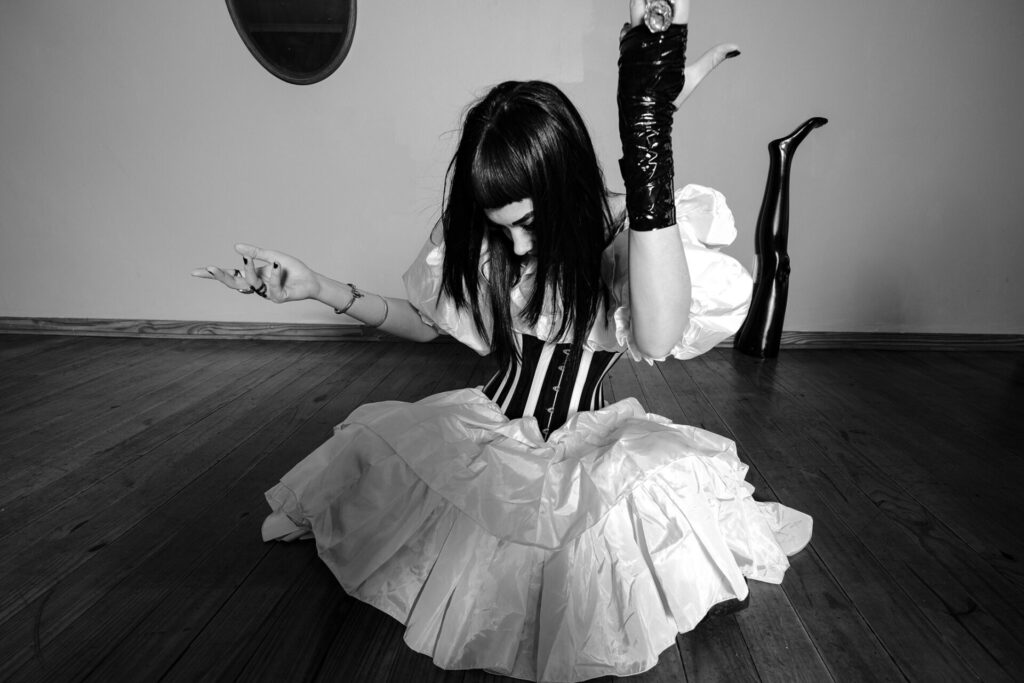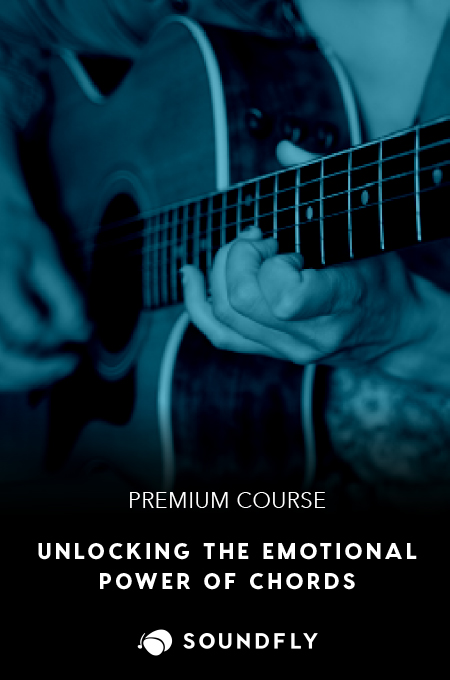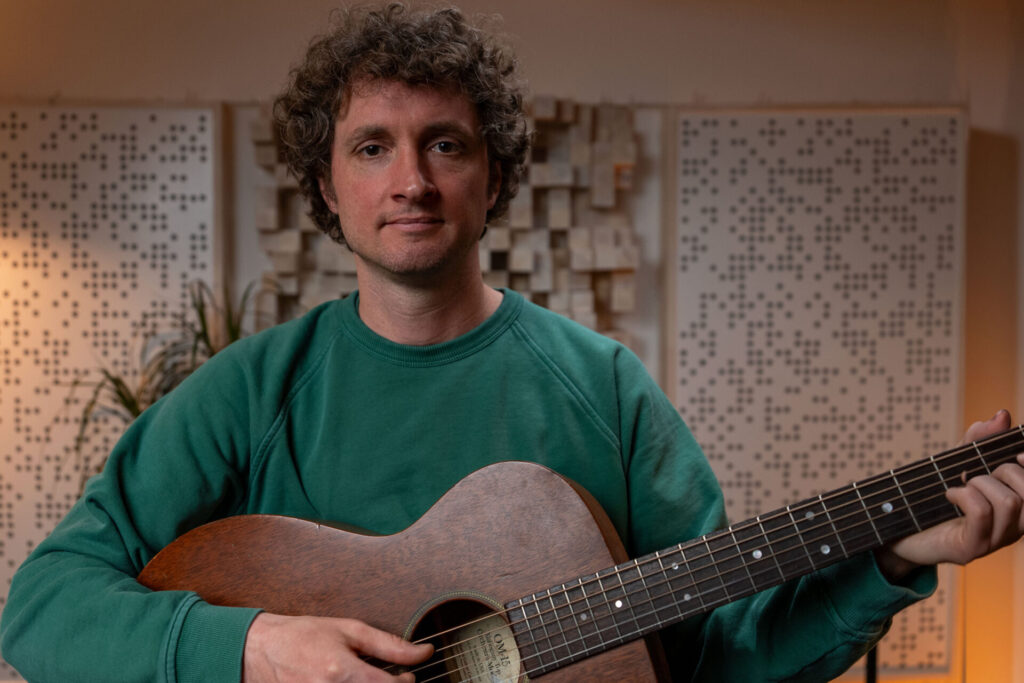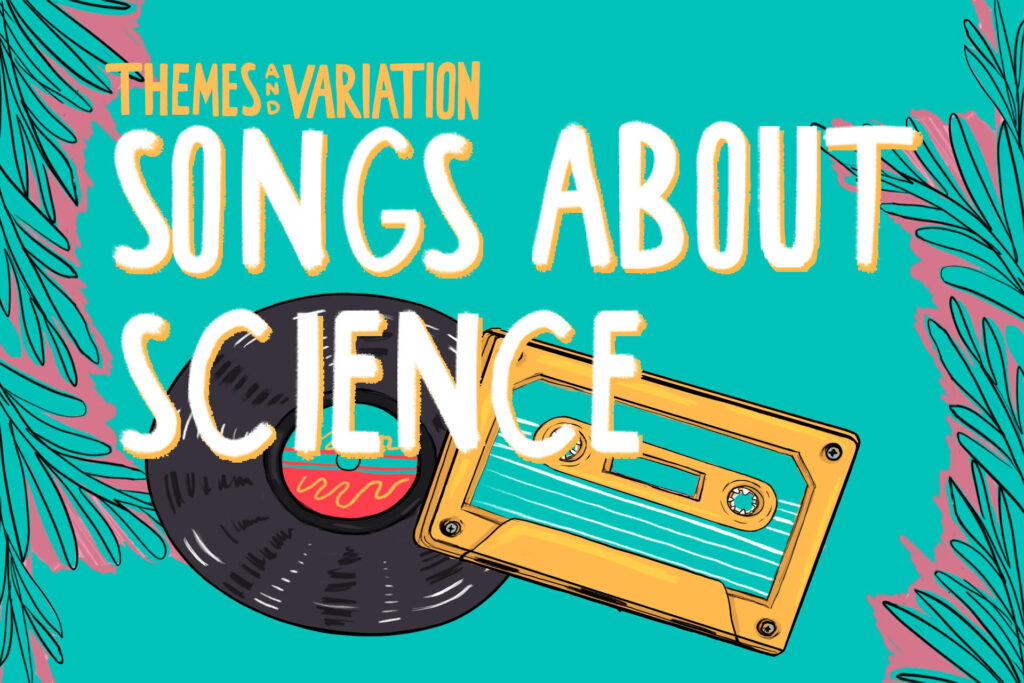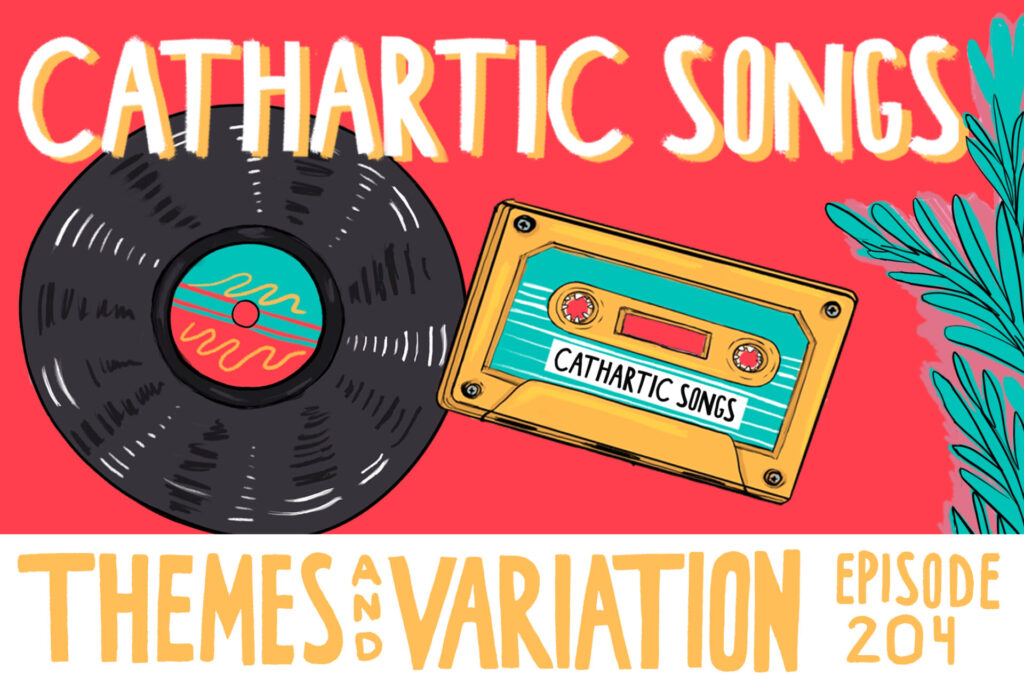Carla Malrowe is one of those songwriters who seems to have a natural knack for writing, producing, and promoting, as well as possessing the unique ability to explain these things and guide others through them.
Hence: why we were so jazzed to invite her on board as a contributor to Flypaper so many years back.
Well, now she’s being featured on Flypaper for a different reason — her new single is out and it kills! In fact, this song was so good we added it to the July edition of our Spotify playlist, Office Listening. But you can listen to it right here right now, and read about how Carla fashioned it out of thin air.
Here’s the premier of Carla Malrowe’s “Dear Host” — listen on your preferred platform here — and enjoy our brief chat below.
Q: Congrats on the single release — it’s a superbly orchestrated pop track with an industrial beat and synths, and it’s quite unique! How did this track come about initially?
A: So the idea for “Dear Host” was born almost a decade ago. I completed the lyrics first and, as usual, it took a very dark turn somewhere along the way haha! So when it came to arrangements and production, I decided that the lyrical theme should clash with the music.
I am obsessed with juxtaposition in art, you see. Obsessed! So I envisioned a slightly disturbing yet high-energy pop song.
“I am obsessed with juxtaposition in art, you see. Obsessed!”
Can you talk a little bit about this song’s lyrics, and how you typically attack lyric writing?
“Would you tear it out of me?” was an opening line of a love letter. “Dear Host” is a love letter in fact. It’s the voice of the victim that won’t get up and leave that which is victimizing her. I aimed to capture the complex coexistence of love, desperation, fear and dependency and what that dialogue/monologue might sound like, the paradoxes and so forth.
Yes… it’s rather complicated stuff, haha!
I have a very organic process of lyric writing. I start with seeking the golden one-liner. I seek them out in other art forms, especially in film and literature. Some are autobiographical… Okay, most are autobiographical.
Anyway, once I have the perfect line, I would run it over in my mind again and again and again. I say it out loud to myself until I hear the melody and the rhythm in my mind. I then start singing it to myself at which point a story starts to branch from it. It grows and grows and I keep it in my mind until every lyric is complete. Only then will I put it to paper. Only once it’s lived its own little life in my psyche.
And because this is released as a solo track, how does this material differ from your band material with your project Psycoco?
Psycoco we could call a cheeky masochist, whilst Malrowe is a romantic nihilist. There’s definitely a part of me that craves to create a creepy and chaotic industrial rock experience as I have in the arrangement of “Stay Awake.” But another part of me wants to treat the same subject matters with compassion. And so with my new music I am gifting my subject matters majestic flowing violins, uplifting beats, simple yet melancholic chord progressions and an easily digestible structures.
Do you songwrite before producing or do both at the same time? And what elements do you start with and how do you build your tracks?
Every song I’ve produced was an acoustic song first. A structured song with piano chords, lyrics and a vocal melody is what I bring to my DAW. The next most important thing to me is rhythm. Beats and bass lines have become my favourite part of the songwriting process.
I usually start with making both super over-complicated and then take time to tone it down through a process of elimination (and I’m not even joking), each bass line I’ve ever written requires me to book time out for stripping it down. Synths, pads, organs, backing vocals, violins and whatever else I feel like on the day, will follow.
Oh, and no guitars. Ever.
How did you arrive at this “no guitars” sound?
My roots lie in the darker genres, but as I grew up and changed my songs grew and changed with me. I became more and more interested in experimenting with merging genres, juxtaposing digital and analog instruments and creating complex moods.
So, in case you were wondering what it would sound like if an old gothic soul decided to start experimenting with pop music, this is it.
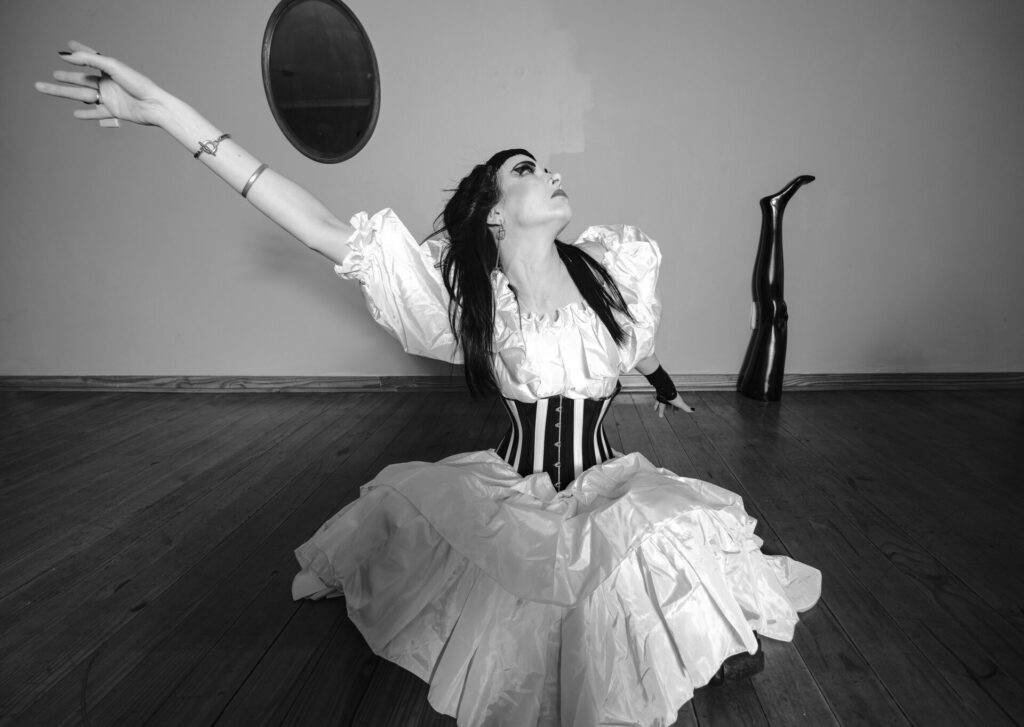
Who are your biggest inspirations in terms of songwriters or producers?
Artists who have always inspired me include Bjork, Cocteau Twins, Xiu Xiu, Arcade Fire, and Son Lux, but those who have been specifically instrumental in my journey are Leonard Cohen on one end of the spectrum, and Grimes on the other.
I learn so much from Leonard Cohen’s music when it comes to lyrical composition and how to embed messages in melody. The day I write a song as good as “Avalanche” or “Famous Blue Raincoat,” I will consider myself as having arrived.
However, the day I discovered Grimes was the day I decided to become a producer of electronic music. When her “Symphonia IX” found me it blew everything I thought I knew about music right out of the water.
“The day I write a song as good as ‘Avalanche’ or ‘Famous Blue Raincoat,’ I will consider myself as having arrived.”
You’ve been contributing to Soundfly for many years now as a writer. What compelled you to write and share your experience and expertise with musicians?
When starting out, I actually didn’t consider myself an expert at all but believed I had insights to share regarding my specific experiences. My first article, which dealt with concurring anxiety around singing set the tone. I have since written on various topics but tend to specifically focus on that which artists struggle with, such as stage fright, creator insecurity, writer’s block, burnout etc.
I discovered Soundfly when I was hunting for online courses to enhance my production skills shortly after I had left my band Me’ek and decided to go my own way. I then stumbled upon your blog and saw that you were accepting contributions at the time. I love writing, having studied English Literature, and my passion for writing and music composition run parallel; it, therefore, made perfect sense to combine my passions and see where it would lead.
Then you welcomed me to the Flypaper crew and I’ve been writing for music publications ever since.
Beyond this new single, what’s next for you in 2023?
Yes Jeremy, I’m thrilled to announce that my full EP, The Petals and Sand, will be released on August 4th! Prior to that you can expect an acoustic version of “Dear Host” as well as my second single, “In Rome.”
I’m flooded with gratitude for the team of magnificent creatures behind me that made all of this possible. Special thanks to Barry Berk, Matthew Fink, and Jami and Blaise from The Good Times CC. I’m sending love in tons to all of you!
Play Your Heart Out!
Continue your learning adventure on Soundfly with modern, creative courses on songwriting, mixing, production, composing, synths, beats, and more by artists like Kiefer, Kimbra, Com Truise, Jlin, Ryan Lott, RJD2, and our newly launched Elijah Fox: Impressionist Piano & Production.
